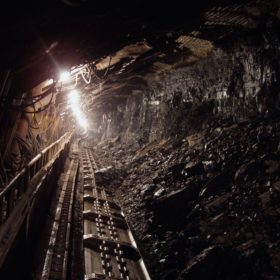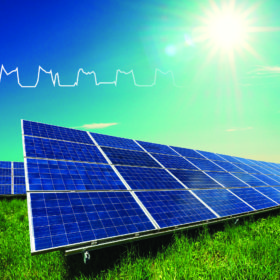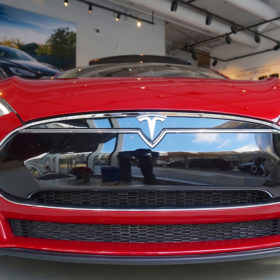The energy transition is easily affordable but all hope of 1.5C warming will vanish in 2028
Technical consultancy DNV GL has published its Energy Transition Outlook 2019. While the electric vehicle, storage and renewable energy industries are likely to see significant rises in demand, the sobering conclusion is the world will miss carbon reduction targets by a long shot.
IEEFA: India needs a multi-technology approach to renewables integration
In addition to accelerated deployment of battery based energy storage systems, the country needs to look at a combination of technologies to manage peak electricity demand whilst maintaining grid stability at least overall cost.
Dutch government treats 21 municipalities to smart EV chargers
Vehicle-to-grid functions could soon become increasingly important. While policymakers discuss the necessary regulations in other nations, the Netherlands government is motoring ahead with the technology.
Gujarat may lead the renewables race by adding 4-5 GW annually: IEEFA
The state—which had 8.5 GW of renewables capacity (2 GW solar, 6 GW wind and 0.8 GW biomass) operational as of March—is expected to add a staggering 46 GW to reach 55 GW mark by 2029-30.
MNRE opens renewables innovation challenge to startups
Startups and individuals are invited to submit their innovative ideas to solve some of the key challenges through application of renewable energy. The innovation should at least be in prototype stage and feasible for deployment. The winner will receive a cash prize of Rs10 lakh, while the first runner up will earn Rs7 lakh and the second runner up Rs5 lakh. Applications close on August 31.
3rd International Electric Vehicle Conclave to kick off tomorrow at Manesar
Jointly organised by India Energy Storage Alliance (IESA) and The International Centre for Automotive Technology (ICAT), the conclave on EV and charging infrastructure will take place on August 9, 2019 at ICAT’s Manesar Campus in Gurugram with over a hundred participating companies.
Megapack marks Tesla’s new play for utility scale storage market
The Palo Alto company says it has improved its large scale battery offering with the new product in the wake of the success of its Powerpack-driven big battery in Australia. The Megapack can be deployed at a 250 MW/1 GWh clean energy plant four times faster than a fossil fuel alternative, claimed the business in a blogpost.
India’s renewable power generation cost the lowest in Asia Pacific
The cost of solar power generation in India has fallen to half the level seen in many other markets in the region due to extensive solar resource, market scale and competition.
Andhra Pradesh cancels energy storage proposal
The move is the latest attempt by the newly-elected state government to reverse renewable energy commitments made under the previous administration.
Energy storage and EVs clear winners in union budget 2019: IESA
The new budget aims to seize the opportunity in energy storage and EVs through a range of incentives. However, alongside demand, production and export, the government also needs to focus on e-waste management and Li-ion battery recycling to sustain raw material supply and minimize environmental impact.













